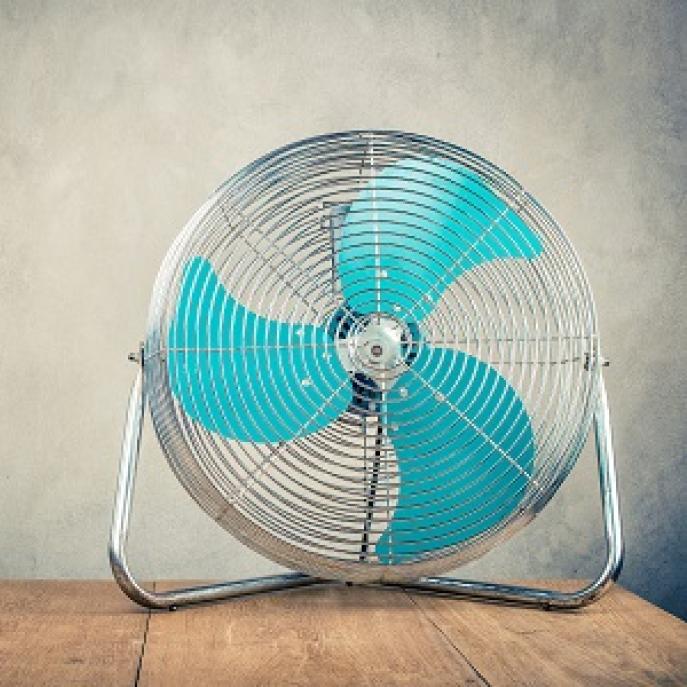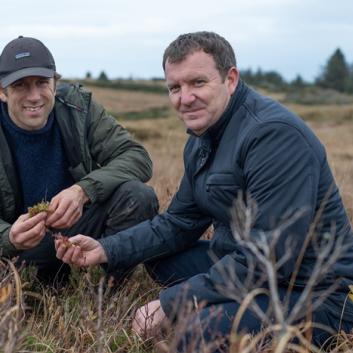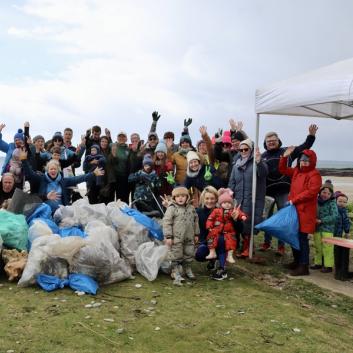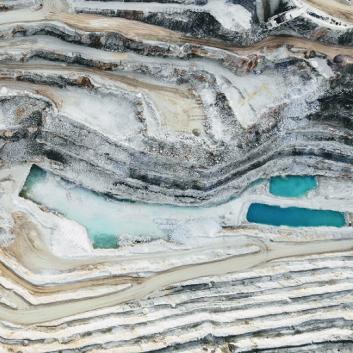Can clay help us to counter the heat?
Written by
Ellen Albertsdóttir & Adrian Grist
Turning on the air conditioning is the logical response for many to counter the heat.
However, it is not just a burden to the environment but also a financial blow to the pocket. It is an issue which prompted architect and researcher Marwa Dabaieh at Malmö University in Sweden to develop an eco-cooling system.
Air conditioning is the norm in Egypt, where Dabaieh tested her cooling system despite being very expensive to purchase and operate. Another issue in such countries is that many residents live outside the electricity grid.
Furthermore, the need for cooling systems will also increase in countries with modest average temperatures as heatwaves become more commonplace, as we are experiencing this already.

As an expert in sustainable and environmentally conscious architecture, Dabaieh’s innovation relies on a self-assembly concept. This solution aims to keep indoor temperature and humidity low by using traditional ‘shisha funnels’ made of clay to construct a cooling system.
The goal is to lower the indoor temperature by 10 °C by combining clay funnels, water, and the natural power of sun and wind.
The experimental attempts so far have been promising. In a recently published scientific article, Dabaieh presents a reduction of the indoor temperature by 2 °C during an experiment in Cairo. Since then, she has achieved a decrease of 6 °C.
The next step for Dabaieh is to continue the development of the sustainable and passive cooling system.
“Clay is not expensive, which makes the construction price affordable. But it is expensive to develop the method. I am driven by pure passion for this but still need resources to take the pilot project further.
Now I hope to find innovation support that would allow me to scale up the project,” says Dabaieh.
The next step for her is to continue the development of a sustainable and passive cooling system with economical benefits.
“Some people, such as pensioners, the unemployed and refugees, cannot afford air conditioning. This means that mortality risks increase when heat waves become more common. Tragically, this happens when it could be resolved by being better prepared,” adds Dabaieh.
"This passive eco-cooling solution does not require any extra energy or electricity and can offer a practical solution to enhance the living conditions of low-income populations."

This project is being developed at the Malmö University, which has close collaboration ties with the Forum for Social Innovation Sweden, the national knowledge and collaboration platform for social innovation and social enterprise.















